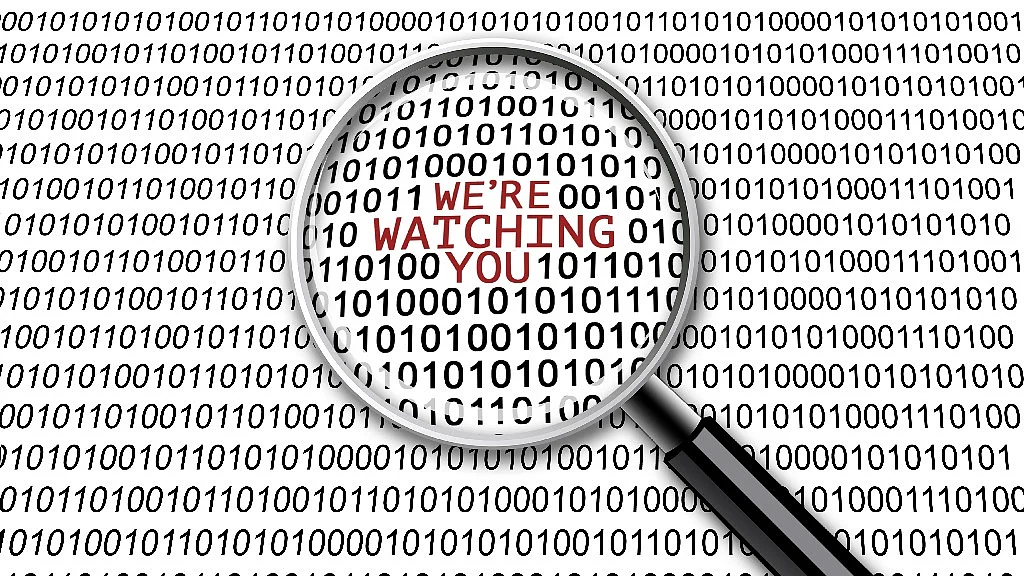What Right to Privacy Means to an LGBTQ Beef-Eating Dalit Muslim
The historic verdict could steer several conversations and could push our nation towards the path of equality.

advertisement
(On 24 August 2017, a nine-judge bench of the Supreme Court unanimously affirmed that privacy is a fundamental right under the Constitution of India. One year on, The Quint looks back at what the judges said, and why the historic judgment is so important for all of us.)
The 9-member bench in Supreme Court has upheld the right to privacy as a fundamental right. My faith in the constitution and my nation has been restored by the apex court of my country. This could well be the beginning of many firsts. This could steer several conversations and could push our nation – the largest democracy in the world - towards the path of equality.
India has been grappling with several challenges that have accentuated in the last few years. We don’t really see our cities get any safer; people have been lynched for eating beef. Lovers have been attacked in the name of Love Jihad. There has been an uprising of sorts.
Here is what I think the historic #RightToPrivacy judgement could eventually end up meaning to a beef-eating, Muslim, Dalit, LGBT Indian. The caveat here is that these would be possible only if laws like section 377 are read down.
Before the #RightToPrivacy judgement...
Right to Love
The state can peep into your bedroom. Under section 377, ‘sex against the order of nature’ is a non-cognisable offense. This loosely refers to any kind of sex that is not for the purpose of procreation. Anal sex, oral sex - all come under this ambit. Gay, Bi and Trans people have oral and anal sex, so they get affected directly.
However, it is not just the queer community that is affected. Section 377 has been used in cases of heterosexual marriage where the wife has claimed that the husband tried having “unnatural sex” with her.
Right to Eat
In gay terms, ‘beef-cake’ means a really hot dude. But the easily offended government takes such things way too seriously. There have been cases of people’s houses being searched for beef. News of lynching, public thrashing, killings, have become common in newsprint and TV channels. The ones objecting to cow killings are not all animal lovers. If they were, they would have stood up for the abuse of cows in dairy farms.
Right to Religion
Sonu, Tula “Azaan” Var Bharosa Naai ka?
So basically, in the pre-#RightToPrivacy era, if you are a beef-eating Muslim Dalit LGBT person, you’d find yourself in the category of people who are least respected in the country - or just above how animals are treated here.
This could mean change in more laws. Laws like section 377, and also the laws that make beef-eating illegal, reeks of majoritarian mindsets. What would it mean to a Dalit Muslim beef eating queer person?
- Your right to make love to a person of your choice is restored. The state cannot peep in.
- Your right to practise any religion is restored. Of course, Sonu can tweet away to glory and that can make him the “it” story. However, you can practise your religion.
- Any discrimination against anyone on the basis of sexual orientation, caste, creed, colour, religion could be deemed illegal. Soon, someone calling you out as gay or a housing society denying you a home because you are Muslim, or colleagues demanding that you be thrown out because you eat beef or have a same-sex partner - could be all illegal.
Of course, this is a reason to rejoice. But before you get your champagne bottles out, remember, this road is long. Changing mindsets is not a day’s job or that of one ruling. it will take eons for that.
But thank you Supreme Court, for putting our train on the speed rails. We have now become democratic once again.